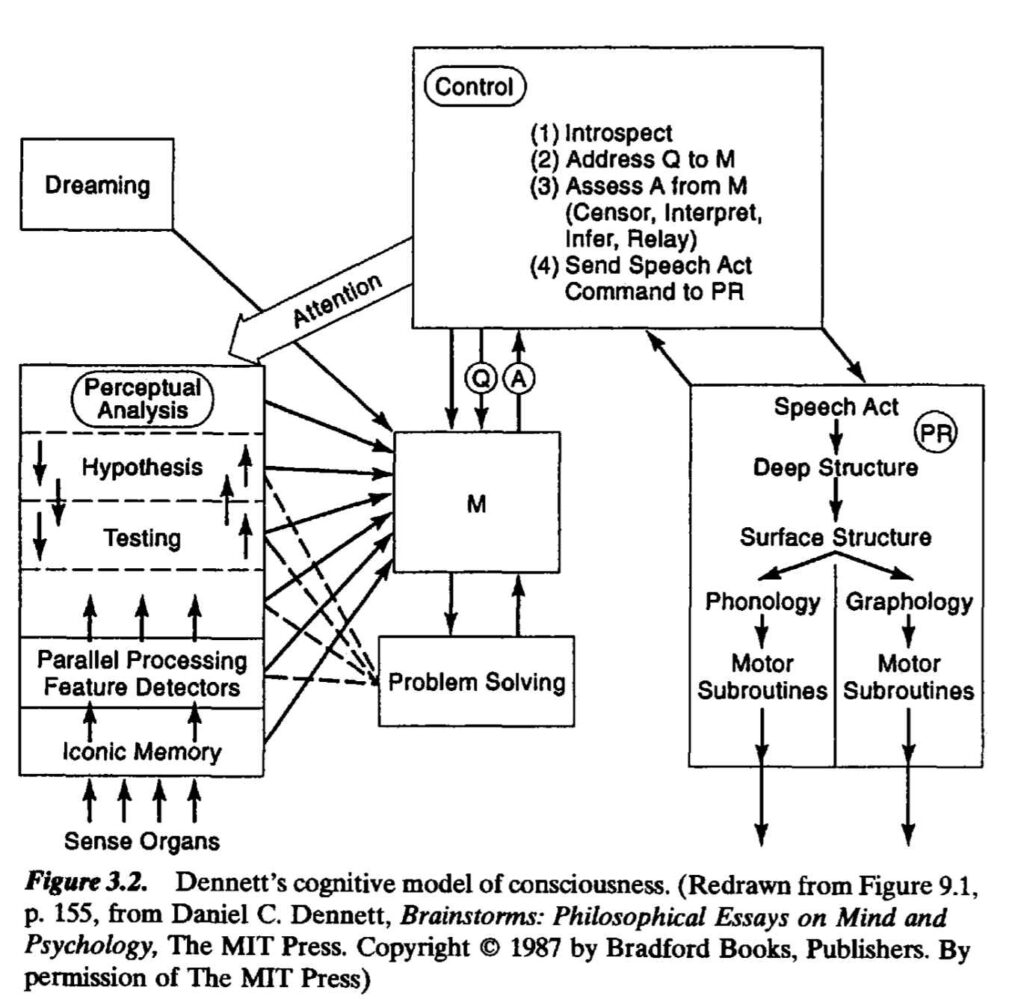
 The Bayesian Conspiracy
The Bayesian Conspiracy 220 – Chalmer’s Zombies, with Liam
Sep 4, 2024
Joining the discussion is Liam, a contributor from the thought-provoking 2 Rash 2 Unadvised podcast, known for his explorations of philosophical concepts. The conversation dives deep into the intriguing idea of philosophical zombies and their implications for understanding consciousness. Liam shares insights on the 'hard problem' of consciousness, distinguishing between physical actions and subjective experiences. They also discuss the challenges of understanding qualia and the complexities of consciousness in both humans and AI, making for a truly captivating chat!
Chapters
Transcript
Episode notes
1 2 3 4 5 6 7 8 9 10 11 12
Intro
00:00 • 3min
Philosophical Zombies and Consciousness
03:23 • 15min
Exploring Consciousness and Qualia
18:26 • 26min
Exploring the Hard Problem of Consciousness
44:00 • 8min
Exploring Consciousness and Chalmers' Zombies
51:43 • 20min
Exploring the Depths of Consciousness
01:11:35 • 19min
The Value of Complex Arguments in Philosophy and Mathematics
01:30:17 • 2min
The Philosophy of Consciousness Uploading
01:32:38 • 20min
Community Connections and Philosophical Chats
01:52:30 • 4min
Raising the Sanity Waterline: Community Rationality
01:56:00 • 2min
Exploring Chalmers' Zombies and the Philosophy of Consciousness
01:57:57 • 3min
Gratitude and Community Engagement
02:00:34 • 2min

